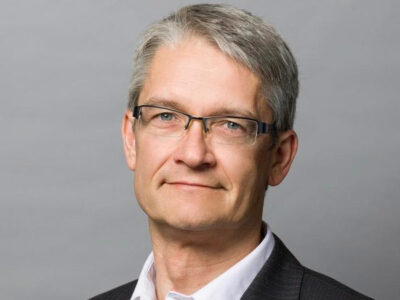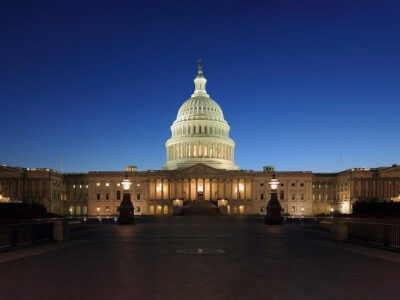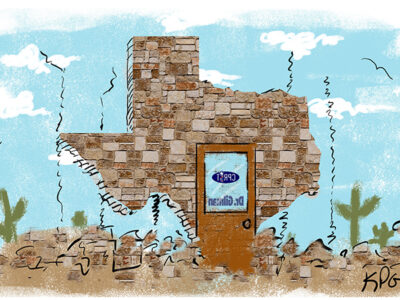In response to Texas concealed carry laws, MD Anderson proposed a plan that would allow guns only in designated buildings—the rest, specifically areas of worship and hospital facilities, are gun-exclusion zones.
This may not be the sort of targeted therapy Texas healthcare institutions wish to be known for, but starting Aug. 1, visitors to designated areas at MD Anderson Cancer Center, UT Southwestern, and UT Health Science Center at San Antonio will be able to carry their guns.
NCI is developing an open-source application intended to make it easier for patients and physicians to get information on clinical trials supported by the institute.
Vice President Joe Biden announced a new NCI application programming interface June 29 that will enable third-party developers to connect their bioinformatics software to NCI's clinical trials database.
A measure that authorizes the FDA to mandate companies developing cancer drugs for adults to also study their products in children when there is a matching molecular target was introduced in the House and Senate earlier this week.
Alfred G. Knudson Jr., the creator of the “two-hit hypothesis,” and a director of the Institute for Cancer Research at Fox Chase Cancer Center, died July 10. He was 93.
The House Appropriations Committee approved a bill that would fund the Department of Health and Human Services through 2017, including the NIH, NCI and other related agencies.
The House Appropriations Subcommittee on Labor-HHS marked up a bipartisan spending bill July 6 that gives NIH a $1.25 billion increase in the 2017 fiscal year.
Gilman's resignation enabled him to retain the most precious of all privileges: the ability to look at himself in the mirror.
Stanford Cancer Institute earned the NCI Comprehensive Cancer Center designation, becoming the eighth institution in California to earn this highest level of recognition.














